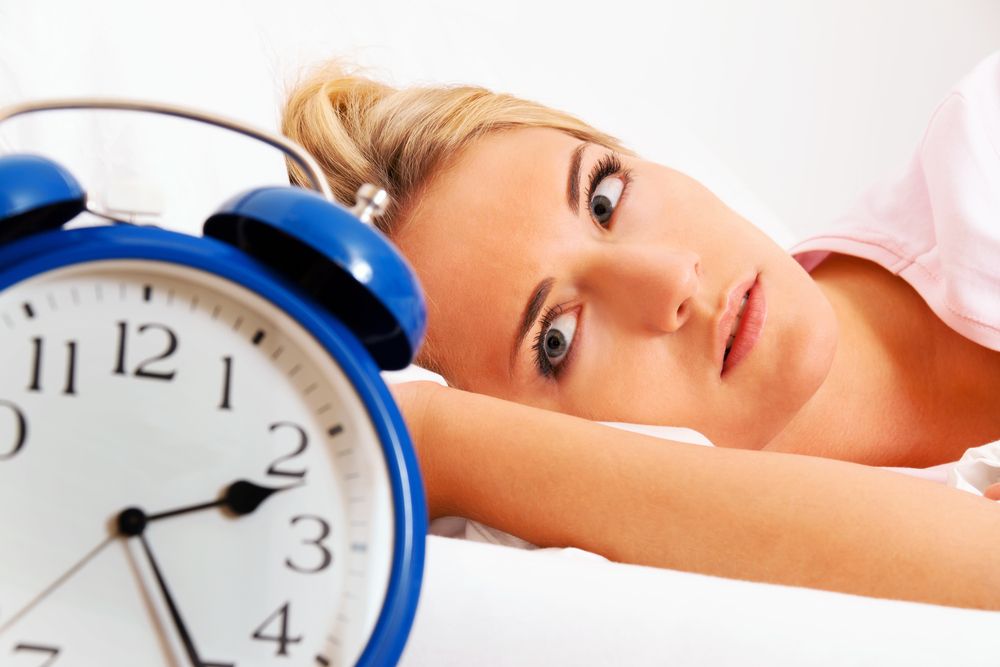Inadequate Sleep May Make You Eat More

Getting too little sleep during the workweek may take a toll on the waistline, according to a new study.
Participants who lived for two weeks in a sleep lab gained almost two pounds over a five-night period when they were limited to five hours of sleep nightly. When they returned to sleeping as much as nine hours a night, they ate less and lost a small amount of weight.
The researchers measured the calories the participants burned daily, and said their findings suggest that the reason people gain weight when they aren't getting enough sleep is that, although more food is needed to provide the energy to sustain wakefulness, people tend to overcompensate and eat even more than they need.
"Just getting less sleep, by itself, is not going to lead to weight gain," study researcher Kenneth Wright, an associate professor of physiology at the University of Colorado at Boulder, said in a statement. "But when people get insufficient sleep, it leads them to eat more than they actually need."
The study included eight men and eight women, whose average age was 22. To establish a baseline, participants spent three nights sleeping as much they wanted, up to nine hours a night, and consumed only as many calories as they burned each day. The participants' daily intake of food and oxygen, and production of carbon dioxide were measured.
Then participants were then split into two groups, with one limited to sleeping five hours a night, while the other continued to be allowed nine hours. After five nights, the groups switched. During this part of the experiment, participants were allowed to eat as much as they wanted.
The researchers found that participants burned about 5 percent more calories when their sleep was limited to five hours, however, they consumed about 6 percent more calories, compared with when they were allowed nine hours.
Sign up for the Live Science daily newsletter now
Get the world’s most fascinating discoveries delivered straight to your inbox.
Although the participants ate less at breakfast when they had five hours of sleep, they ate more over the rest of the day, and especially consumed more calories late in the evening, according to the study.
The levels of two hormones — leptin and ghrelin, which control feelings of hunger and satiety —responded as expected even when the participants' sleep was limited to five hours, and didn't explain the increased intake of food, the researchers said. It's possible it would take longer to observe changes in these hormones, or that other hormones lead to the overeating, the researchers said.
"I don't think extra sleep by itself is going to lead to weight loss," because weight gain is complex, Wright said. But including healthy sleep in weight-loss and weight-maintenance programs could help people to get to a healthier weight, he said, noting that further study of this idea is needed.
Other scientists have reported that insufficient sleep interferes with the outcome of weight-reduction programs, said Dr. Angelo Tremblay, a professor of physical education who studies metabolism and sleep at the University of Laval in Quebec. "Weight-loss efforts won't be as successful if sleeping habits are inadequate," he said.
The new study "confirms what we know about the impact of short sleep duration on weight," Tremblay told MyHealthNewsDaily.
The study authors' idea that weight gain occurs because of an overcompensation for an increased need for energy is interesting, Tremblay said, because a similar trend is seen in recent reports of calorie intake during periods of increased cognitive effort. "Wakefulness, even if you're sedentary, leads to increased energy intake," he said.
He noted that differences between individuals are sure to play a role in how the body responds to inadequate sleep.
A number of researchers who worked on the study have received money for consulting for drug companies. The study was funded by the National Institutes of Health and other federal and academic agencies.
Pass it on: Too little sleep over a week may lead a person to eat more to sustain energy.
FollowMyHealthNewsDaily on Twitter @MyHealth_MHND. We're also on Facebook & Google+.












